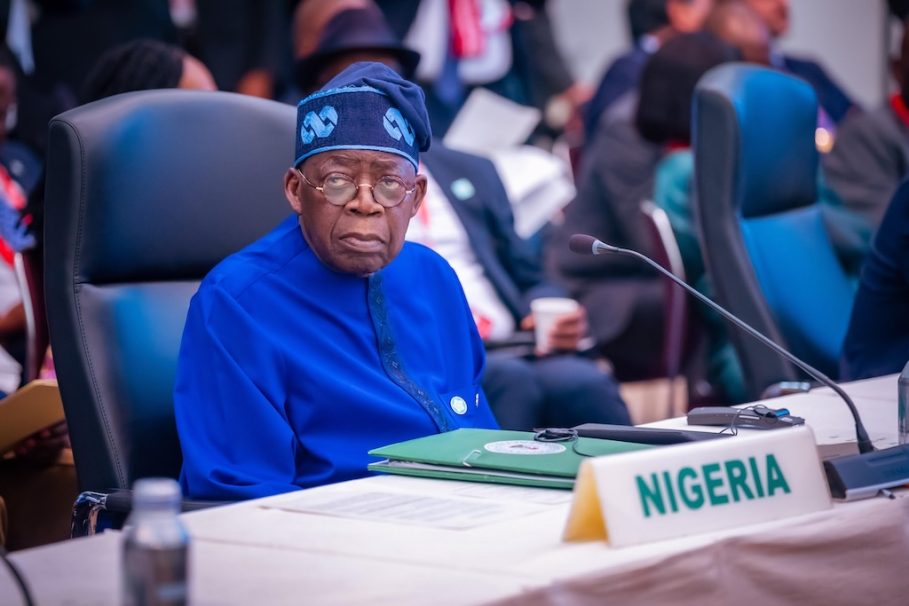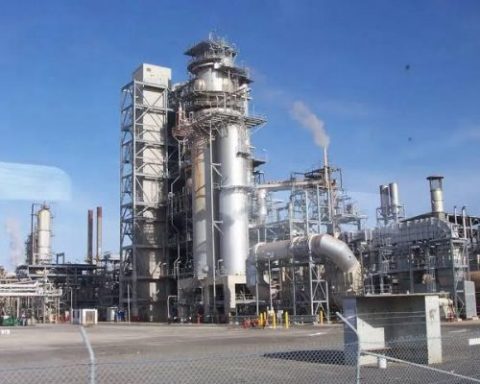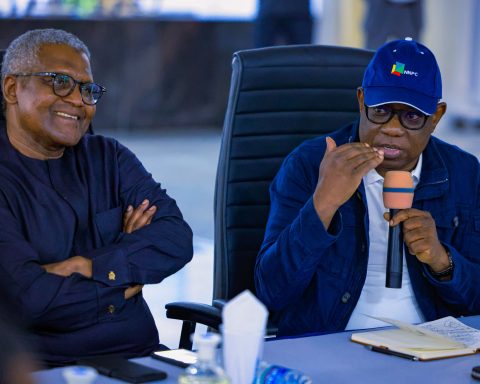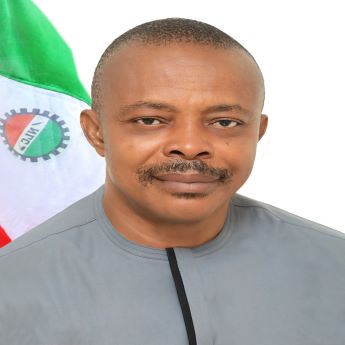As Nigeria grapples with development challenges, even in the midst of abundant natural resources, experts have highlighted strategies the country can adopt to transition from a resource-dependent economy to a competitive, technology-driven industrial hub.
At a high-level policy dialogue convened by the Industrial Policy Commission of the Nigerian Economic Summit Group (NESG) on Friday, 22 August, policymakers, industry leaders, and academics deliberated on how the country can explore its mineral resources to unlock industrial growth.
Join our WhatsApp ChannelThe dialogue themed “Unlocking Industrial Growth: Leveraging Latent Commodity Clusters” was part of the NES 31 pre-summit series held virtually.
In his welcome remarks, Dr. Muda Yusuf, Facilitator of the NESG Industrial Policy Commission, stated that despite Nigeria’s abundance of solid minerals, hydrocarbons, and agricultural products, its industrial ecosystem is still fragmented.
According to Yusuf, manufacturing value-added per capita at just $216 is far below South Africa’s $645 and Egypt’s $524. He emphasized the urgent need to rethink Nigeria’s approach to leveraging resources for competitiveness.
Deputy Vice-Chancellor (Academic), Baze University Abuja, Prof. Osita Agbu, who delivered the keynote address, stated that Nigeria has abundant natural endowments, yet continues to record limited progress in steel development. He pointed out that per capita steel consumption remains at about 10kg—among the lowest in Africa and globally.
Prof. Agbu emphasized how gas and oil can act as catalysts to bring the country’s steel industry back to life.
READ ALSO: We Need Full Adoption Of AI In Nigeria For Industrial Growth – Bart Nnaji
He maintained that the oil and gas cluster offers a model for integration, pointing out that the Petroleum Industry Act and the Nigerian Oil and Gas Industry Content Development Act present a chance to link steel production with the energy value chain in order to forge strong economic ties and promote the renewal of industrial policies.
According to him, linking the oil and gas sector to steel production could accelerate industrialisation and unlock new pathways for growth.
The Nigerian Society of Mining President, Engr. Umar Hassan, stressed that the extraction of limestone is one of the main sources of royalty revenue in Nigeria and has a significant potential to spur industrialization.
He urged robust community involvement, trustworthy off-taker agreements to ensure markets, and government support for industrialization, emphasizing that obstacles must be precisely recognized in order to develop workable solutions.
Co-Thematic Lead for Mining at the NESG Industrial Policy Commission, Dr. Laura Ani, emphasized that for mineral governance to be effective, communities and the government must work together in complementary ways to ensure that beneficiaries have a say in projects that impact their well-being. She pointed out that although legal frameworks forbid operations on communal lands and mandate land rehabilitation, conflict has frequently resulted from lax enforcement and a lack of participatory governance.
READ ALSO: The Paradox Of Nigeria’s GDP Growth And Deepening Poverty
Vice Chairman of Kursi Group, Mrs. Fatimah Abdulfatai, emphasized local value addition opportunities in Nigeria’s growing mineral sector.
She pointed out that although industries like jewelry and construction exhibit robust domestic demand, high-tech manufacturing still presents few prospects and needs to be developed further.
She clarified that the Krusi Group is committed to satisfying domestic demand in order to preserve more value in the nation, and that the rising demand for refined goods offers an opportunity to support regional businesses and diversify Nigeria’s economy.
The experts at the session also underscored the need for Nigeria to prioritise policy coherence, infrastructure development, financing innovation, and institutional reforms to unlock the full potential of its resource endowments.
The Industrial Policy Commission reiterated its commitment to collaborating with the public and private sectors as well as development partners to create workable plans that will help Nigeria attain sustainable and inclusive industrialization.











